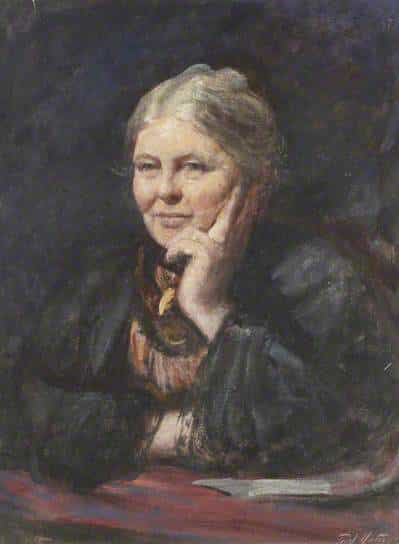by Julie Reynolds, Director of Curriculum
We describe our model as “classical education in an atmosphere of joyful discovery.” In the coming posts, we will explore this model in a series of articles. To start off, I thought it might be helpful to answer a few questions about Charlotte Mason. She is the one who coined the phrase “joyful discovery.”
Who was Charlotte Mason?
Charlotte Mason lived from 1842 to 1923 in Britain. She was trained as a teacher, taught, wrote curriculum, was a home education supervisor, and, in 1891, founded a teacher training school in Ambleside, England. Her works have been embraced by home schoolers, which is natural considering that many children of her day, especially the wealthy, were educated at home (think governess). Her influence in England led to the formation of the Parent’s National Educational Union (PNEU) which founded many schools there; a few are still in existence today.
She was a Christian woman with a strong commitment to serving God. Her educational philosophy springs from her faith, especially her continued reminders that children are “persons” created in God’s image and are to be seen as such. Remember that in her day, children were often relegated to a governess, to be “seen and not heard,” or sent off to work in factories or mistreated at school (think Charles Dickens).
But was she “Classical?”
Yes. Charlotte Mason was teaching at a time when the entire educational framework in Britain was classical. In fact, in her volume titled School Education, she lays out a program for 12 year olds that includes Euclid’s Geometry; English, French and Roman histories; English grammar, dictation and composition; French, German and Italian languages; Geography; Recitation from the Bible and Poetry; Bible Study; Singing, Drawing and Natural History.
The distinctiveness of Charlotte’s approach was that it was not just an accumulation of facts for facts’ sake, but an exposure to “living” books and ideas, rich material to nourish and challenge the mind and encourage a love not as much for knowledge as for learning.
What was the impact of her reformation of British education?
She had a significant influence in the lives of countless students in Britain who took part in her reformation of the classical model of education. Not only did students move on to higher education at Oxford, Cambridge and other universities, but Charlotte Mason ensured that children from all walks of life were able to take advantage of an excellent education. In her day, women were only beginning to be able to take part in the mainstream educational system (thanks in large part to the efforts of the Clapham Saints and the likes of Hannah More less than a half century earlier). Numerous schools were created that embraced her philosophy (including the likes of Clapham in Wheaton, IL!).
Upcoming Topics
We hope that as we define terms and describe aspects of the curriculum and the culture, that you will begin to appreciate the depth and breadth of what we offer at Clapham – and how the Classical / Charlotte Mason influence practically is applied throughout the day. We have already discussed the idea of “Living Books.” More topics pertaining to Charlotte Mason and joyful discovery will be covered in the following weeks, including:
- Narration
- Recitation
- Picture Study
- Nature Study
- Habits

